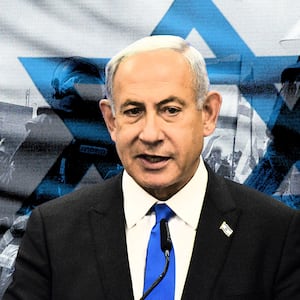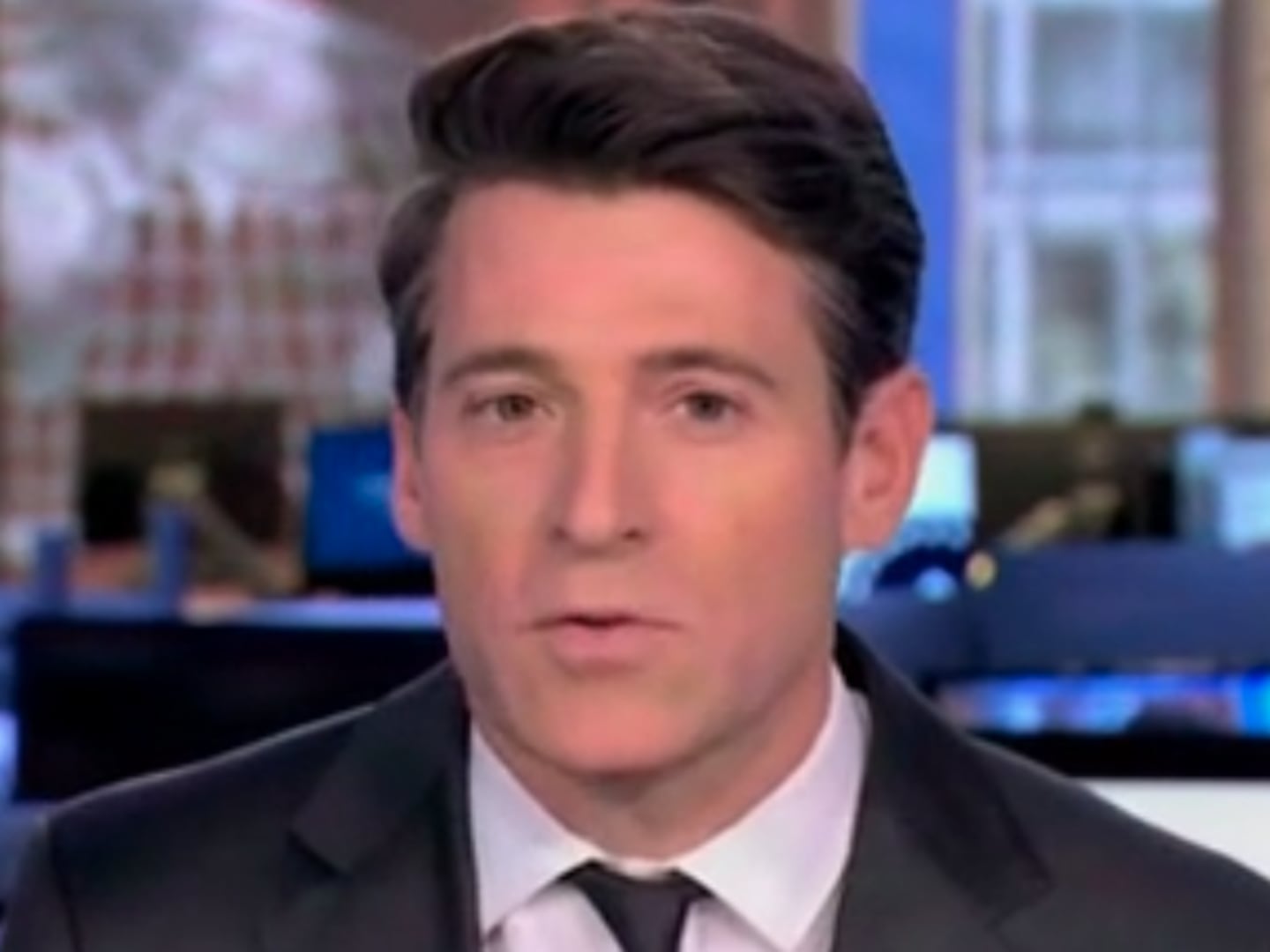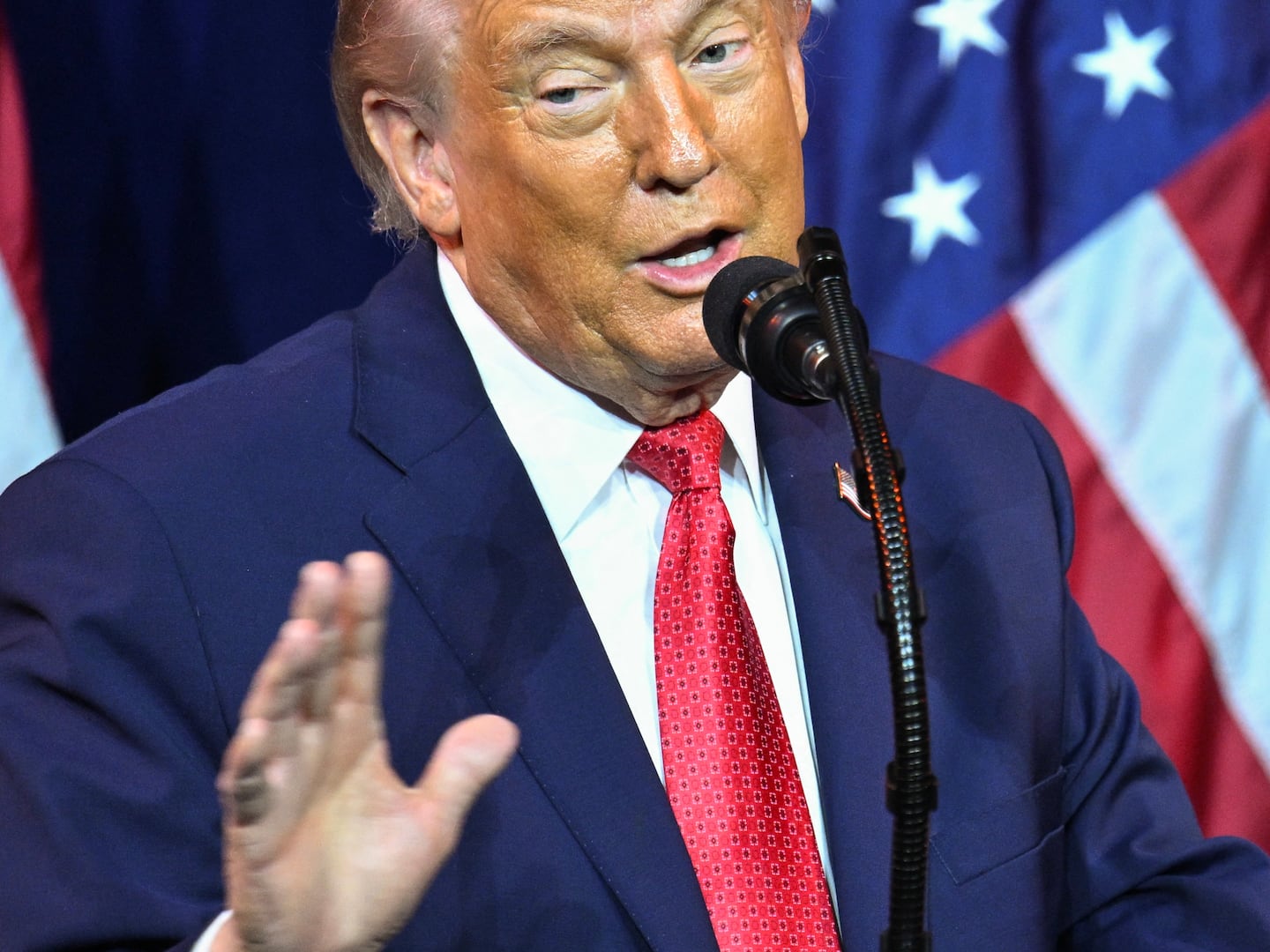Israel fears that a growing anti-Israel alliance in the Middle East is now strong enough to spark an outbreak of war in the region.
Recent months have seen strengthening alliances and unprecedented coordination between Hamas, Islamic Jihad, Hezbollah, Iran and Syria while Benjamin Netanyahu’s chaotic right-wing coalition struggles to maintain its authority in Israel.
The possibility of a localized war has been exacerbated by recent cross-border clashes between the Israel Defense Forces (IDF) and Palestinian military groups in Gaza and in Lebanon as well as clashes with Hezbollah and Iranian proxies across multiple borders.
Assaf Orion, a Brigadier-General in the IDF reserves, told The Daily Beast that “Israel is on the brink and facing the abyss.”
The Israeli military believes that a surge in low-level attacks in response to Israel’s treatment of Muslims and their holy sites demonstrates increasing unity between a range of militant groups. Last month’s rocket attacks launched at Israel by Hamas from southern Lebanon reportedly took place while the commander of Iran’s Quds Force hosted senior officials from Hamas, Islamic Jihad and Hezbollah at Iran’s embassy in Beirut.
This axis of antagonists has rarely cooperated so directly in the past.
Orion, who is a senior researcher at the Institute for National Security Studies (INSS) in Tel Aviv, said that Israel was now engulfed in an unprecedented and perilous situation and these confrontations could escalate into a conflict.
“As more and more proxies have larger arsenals and communicate and coordinate more closely the chances are growing,” he told The Daily Beast. “There is a growing assessment that the theater was on the verge of a large-scale conflagration, including the possibility of its spillover into Israeli territory.”
During the last few months Israel has been involved in several cross-border clashes with Hezbollah in Lebanon and Islamic Jihad in Gaza while also carrying out numerous strikes on Iranian militias in Syria.
This month, Islamic Jihad in Gaza shot hundreds of rockets into Israel following the death of Islamic Jihad hunger striker Khader Adnan who was protesting his administrative detention, or detention without trial, in an Israeli jail.

Israeli security forces expel worshippers from the Al-Aqsa mosque compound in Jerusalem's Old City on April 5, 2023, a move denounced as an "unprecedented crime" by the Palestinian Islamist movement Hamas.
Ahmad Gharabi/AFP via Getty ImagesThat followed the launches from Lebanon in April, which appeared to be carried out with the support of Iran-backed Hezbollah. Those rockets were fired in response to the brutal invasion of Jerusalem’s Al Aqsa Mosque by Israeli security forces, during which worshippers were clubbed and beaten up.
“It seems the appetite for low-level skirmishes and challenges is growing because in the last two months we also saw Hezbollah carry out an ED [explosive device] attack in Israel,” said Orion.
Orion told the Daily Beast that Iran was carrying out low-level attacks through its proxies, Hezbollah in the north, Iranian militias based in Syria and Hamas and Islamic Jihad in Gaza and the West Bank by supplying them with weapons and funds.
Another Brigadier-General in the IDF reserves, Udi Dekel, said last month that the recent escalation “demonstrated the convergence of the Palestinian resistance axis, which relies on Hamas and Palestinian Islamic Jihad, with the Iran-Hezbollah axis.”
Nasser Hadian, a professor of political science at Tehran University, told The Daily Beast that Tehran was building up its presence in Syria and Lebanon by beefing up links to these Palestinian groups overseas, in order to create an “effective deterrence belt” around Israel.
“Israel knows that when this belt is completed it will be extremely difficult to attack Iran,” Hadian told The Daily Beast. “The presence in Syria and Lebanon is to a large extent a defensive posture, deterring not only the Israelis but by extension the Americans from taking military action against Iran.”
Why Unite to Attack Israel Now?
The timing of the current wave of attacks is partly related to the current hardline Israeli government and its ability to unite Islamic groups across the region.
Israel’s extremist security minister, Itimar Ben-Gvir, who was convicted of incitement to racism in 2007, has encouraged Israel’s security forces to crack down brutally on Palestinians.
The rockets from Lebanon were fired in response to the attack on Palestinian worshippers in Al Aqsa Mosque, Islam’s third holiest shrine. The sanctity of the mosque is a uniting force for all Muslims in the world and any breach of its sanctity is considered an act of extreme provocation.
“The Israelis should know if they are going to attack Palestinians and continue with the occupation there is going to be retaliation,” said Haidan.
The second Palestinian Intifada, or uprising, followed a provocative tour of the same compound in 2000 by then-premier Ariel Sharon while violent invasions by Israeli security forces, including the storming of the mosque in 2021, sparked an 11-day military offensive with Gaza.
Ben-Gvir also exacerbated tensions recently when he joined a provocative march by far-right Israeli extremists through the Muslim quarter of Jerusalem’s old city to mark Jerusalem Day when Israelis celebrate the occupation of East Jerusalem in 1967.

An Israeli soldier tries to stop journalists during the annual flag march to commemorate “Jerusalem Day,” on May 18, 2023.
SOPA Images/Saeed Qaq/SOPA Images/LightRocket via Getty ImagesPalestinians hope to make Israeli-occupied East Jerusalem the capital of their future state and have accused Israel of Judaizing the city by encouraging illegal Jewish settlement in the city while simultaneously restricting Palestinians from building.
Dr. Mustafa Barghouti, the secretary-general of Palestinian political party National Initiative, told The Daily Beast that they would always respond to Israel’s provocation. “There is only one way to stop the resistance and that’s to end the occupation and end Israel’s system of apartheid,” he said.
The timing of the united attacks on Israel is also a result of Israel’s internal strife which has been viewed as a weakness by the hostile neighbors surrounding the Jewish state.

Tens of thousands of Israelis attend a massive protest against the government’s judicial overhaul plan on March 11, 2023 in Tel Aviv, Israel.
Amir Levy/Getty ImagesMonths of protests, by Israelis condemning the new extremist government of Israeli Prime Minister Benjamin Netanyahu and proposed changes to the judiciary, have erupted all over the country with Israeli security forces accused of using excessive force in breaking them up.
Israeli military insiders said Hezbollah had decided it could expand its power over Israel by setting new rules of the game on the northern border, while remaining below the threshold of escalation to war, as long as it acted via Palestinian proxies.
Iran is also increasing support for pro-Palestinian proxies after several years of suffering regular Israeli military attacks on Iranian militias in Syria as well as assassinations which have targeted several high-profile Iranian military and nuclear experts.
Iran’s former ambassador to South Africa, Javid Ghorbanoghli, told The Daily Beast that these Israeli attacks were acts of aggression against an independent and sovereign country but he made it clear that Tehran still wanted to avoid a direct conflict with Israel.
“Iran has been patient so far and has not retaliated,” he said. “I think Iran does not want to fall into this trap.”
For now, the fight continues below the radar, but it may only be a matter of time before the low-level attacks spawn a more dangerous and deadly conflict.








